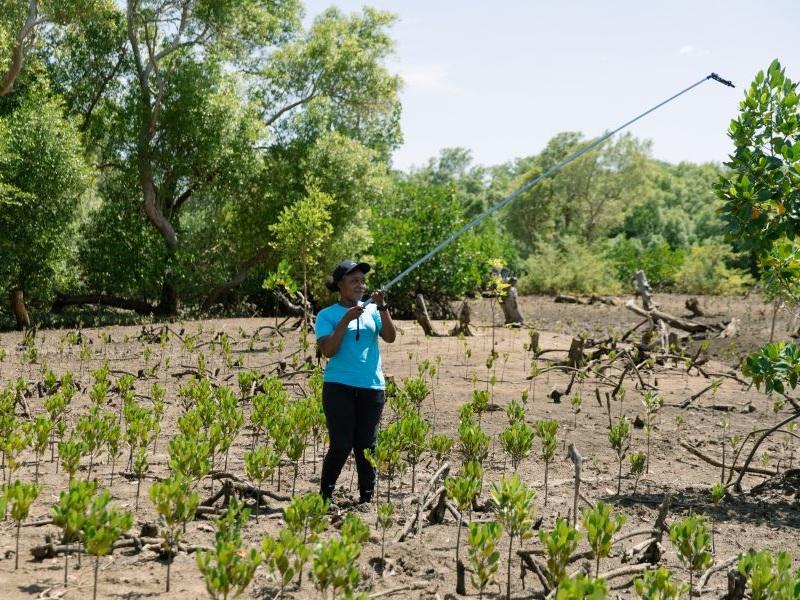
TIU Canada is building a solar project on Siksika Nation territory in Alberta to support Indigenous economic development. (Courtesy TIU Canada)
Solar energy company TIU Canada will build a 72-acre solar project east of Calgary on Siksika Nation territory to support sustainable Indigenous economic development.
TIU Canada is owned by Calgary-based investment firm Refraction Asset Management. It produces 45 MW of renewable solar energy through projects in Ukraine.
With the Russian invasion of Ukraine impeding efforts, TIU Canada expanded efforts to Canada, according to Danylo Korbabicz, a spokesman for Refraction Asset Management and a senior associate in Prospectus Associates.
The company found a business partner in the Siksika Nation in Alberta, embarking on its first project with Indigenous Canadians.
The Gleichen Solar project
The solar development, named the Gleichen Solar project, will be located in Wheatland County, a municipality that hosts a Siksika Nation reserve.
With the Siksika Nation settling a 115,000-acre land claim worth $1.3 billion with the Canadian federal government in June, Korbabicz said the Siksika Nation is looking to expedite economic development.
He added the Siksika Nation chose TIU Canada because it was a “proven operator” with extensive experience in the broader energy sector, not just green energy.
The company and the Siksika Nation signed an agreement on Jun. 1, 2022 to build the solar project. The initial project is for a 13.3 MW solar development with an estimated total project cost of approximately $25 million.
It is projected to have a 24,545 MW-h annual generation capacity, which is enough energy to power 4,300 Alberta homes.
The renewable energy project is said to reduce 13,000 tonnes of carbon dioxide equivalent in emissions per year.
It will be a multi-phase development, Korbabicz explained, with the agreement cementing a desire for future projects encompassing solar energy, transmission and then potentially energy independence and management on the reserve.
Korbabicz said it will deliver a 30-year cash flow and jobs and economic opportunities to the Siksika Nation. It may also include the provision of electricity to residents on reserve free of charge.
The project will be mostly Indigenous-owned and governed by both parties.
Promoting Indigenous economic empowerment
Korbabicz said the surge in Indigenous Canadian communities seeking out renewable energy played a role in sealing the deal. The rise in interest is attributed to a desire for economic empowerment in their communities.
“There is a lot of opportunity in green energy development and a lot of First Nations are looking to get into the space. There are a lot of incentives for companies that are interested in this space, but especially for Indigenous economic development.”
He pointed to the Siksika Nation’s businesses that have a primarily Indigenous workforce with a “a balanced number of skilled female and male contractors.”
The Siksika Nation joins other Canadian Indigenous groups in adopting renewable energy to power their communities. The acceptance of renewable energy among Indigenous Canadians is attributed to the desire to support Indigenous businesses and workers, develop energy autonomy, reduce the costs of extending grid lines and fuel prices to their communities and minimize their impact on the climate and environment.
The company’s background in corporate social responsibility (CSR) and inclusivity gave it the aptitude to approach the issue, said Korbabicz.
“I think there was a philosophical synergy in terms of outlook and social development and the goals that the Nation and the company are trying to achieve,” Korbabicz said. “In the case of TIU Canada, that was economic empowerment of women in Ukraine and a very large CSR contribution, and for that, there was likely a synergy.”










